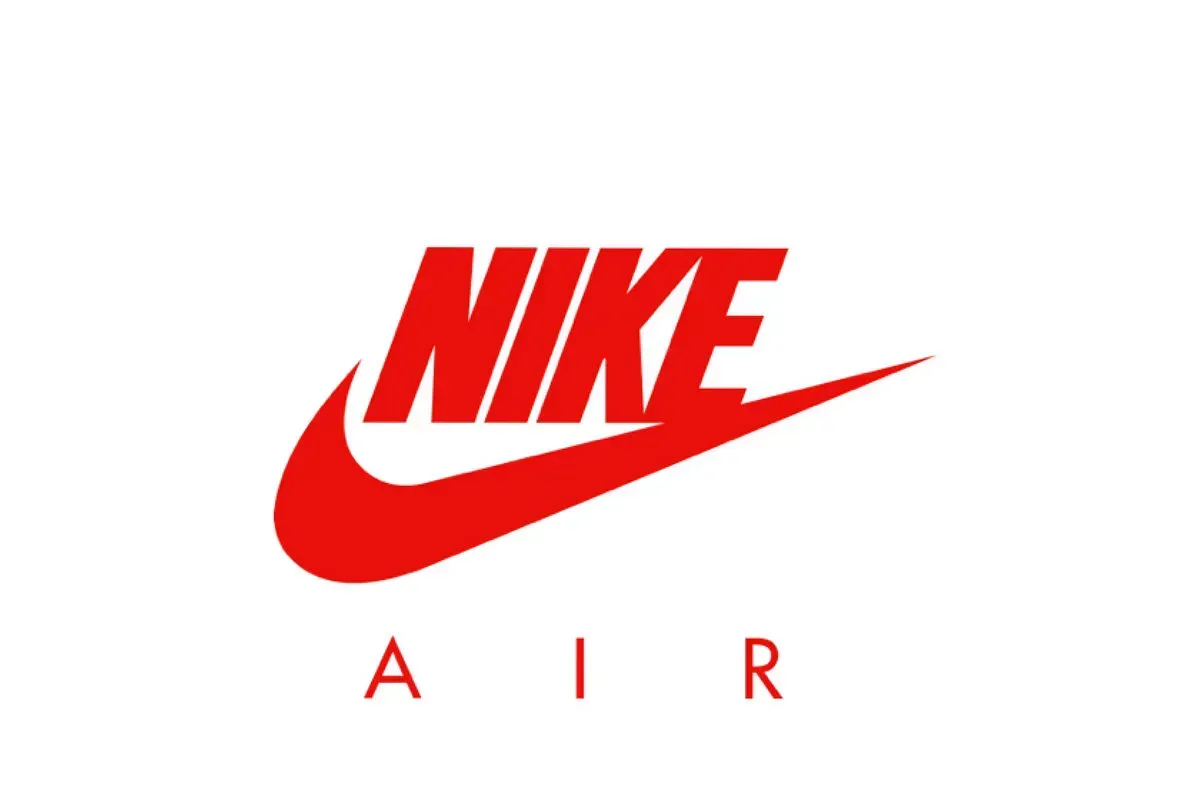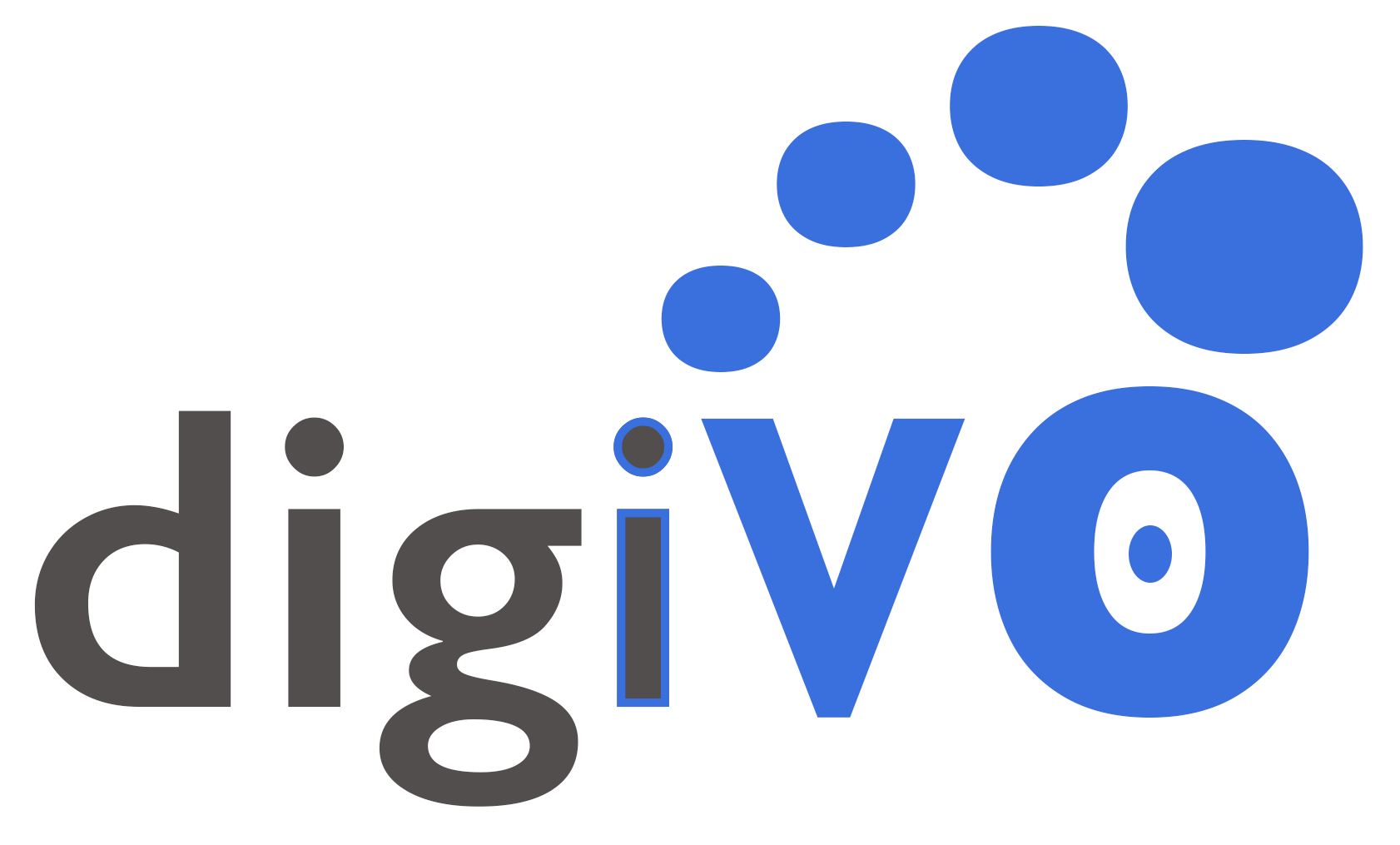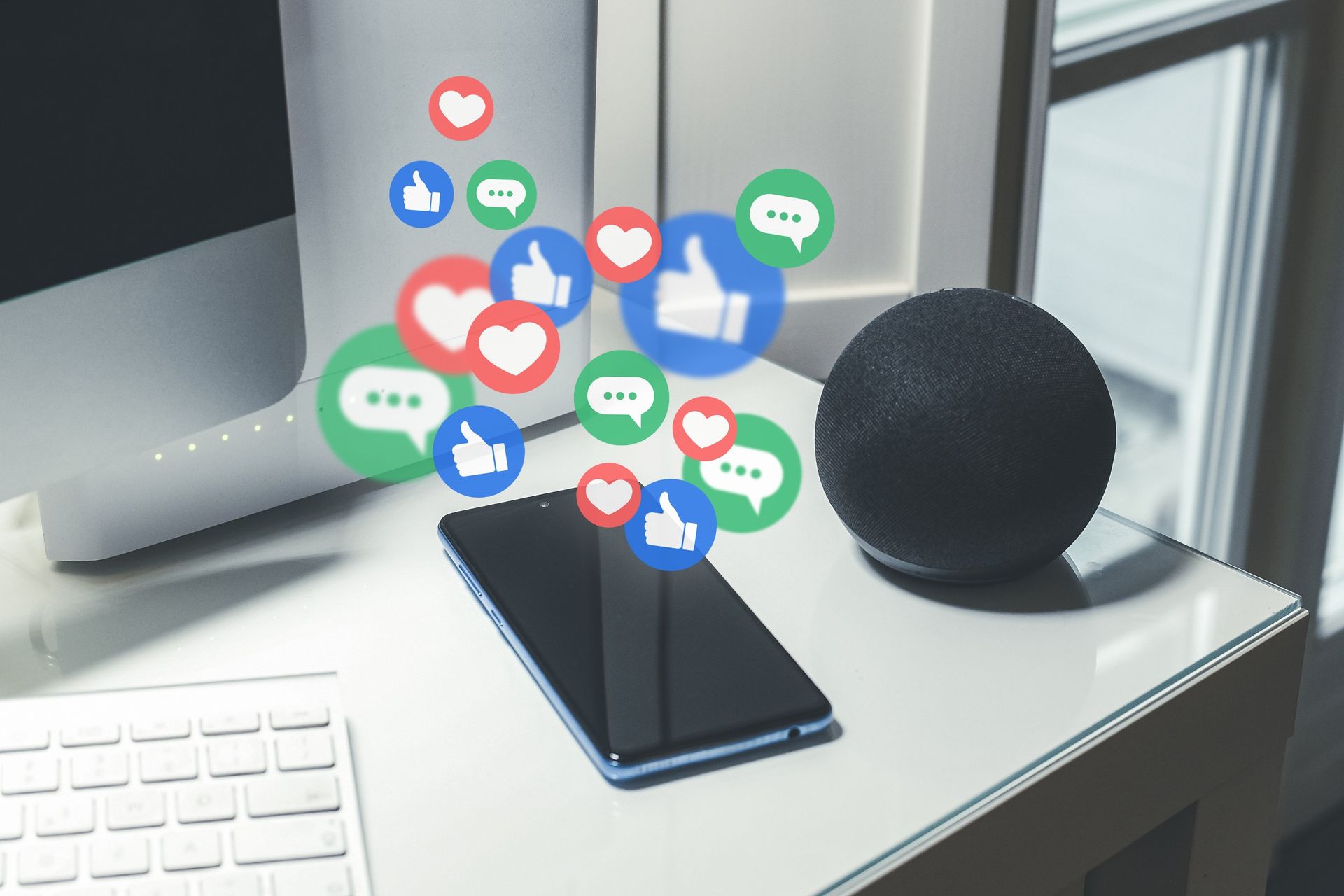Understanding the Difference Between Products and Brands
Understanding the Difference Between Products and Brands

Importance of the distinction
Many people use the terms "product" and "brand" interchangeably, but they are actually two distinct concepts. While a product is something that a company creates and sells to consumers, a brand is the image or identity that consumers associate with that product. In other words, a product is a physical or virtual item that serves a specific function or meets a specific need, while a brand is the ethereal, abstract characteristics that a product embodies.
Understanding the difference between products and brands is essential for marketers because it helps them to develop a clear marketing strategy that aligns with the company's goals and values.
While products can be easily replicated by competitors, brands are unique and irreplaceable. Take for example Apple's iPhone, which was soon followed by similar smartphones from other brands. However, each brand offers distinct value based on consumers' perceptions and experiences.
Unlike products, which can become outdated and obsolete, brands can stand the test of time. Elvis Presley is a perfect example of a timeless brand. Even today, he is recognized and celebrated as a cultural icon. While the products associated with his music, such as vinyl and cassette tapes, may have become obsolete, the brand itself endures.
Discerning the critical differences between products and brands is key to effective brand management. Let's delve deeper into this topic.
Nike: a company that creates products Vs. Nike Air: a brand that associates with innovation, durability, and high performance
To further understand this difference, let's consider the example of Nike. Nike is a company that creates products, such as shoes, clothing, and sports accessories. One of their popular shoe lines is the Nike Air, which is known for its comfort and performance features. When consumers purchase a pair of Nike Air shoes, they are buying a product that meets their needs for athletic footwear.
However, the Nike Air brand goes beyond the physical features of the shoes. It encompasses the emotions and experiences that customers associate with the product. For instance, the Nike Air brand is often associated with innovation, durability, and high performance.
These perceptions are shaped by factors such as advertising, word of mouth, and the experiences that customers have had with the product.
Defining product in few words
A product can be defined as any physical or intangible item that is offered to a market to satisfy a customer's needs or wants. This includes goods, services, ideas, and experiences that are designed and developed to meet the specific needs of the target audience. A product can range from a simple household item like a toothbrush to complex software solutions or entertainment experiences.
The primary goal of marketing a product is to create value for the customer and establish a strong brand image that resonates with their needs and desires.
The role of branding in creating a unique identity for a company and how it can foster customer loyalty and trust
Branding involves creating a logo and visual identity that will be associated with a company, as well as developing a distinct voice and message that will resonate with customers. It is an essential part of marketing because it helps companies create a strong, recognizable identity and stand out from their competitors. A successful branding strategy can result in increased consumer loyalty, higher consumer confidence and trust, and a better overall customer experience.
FACTS:
- To illustrate the importance of branding, recent studies have found that 77% of consumers are more likely to purchase from brands they are familiar with. Additionally, research has shown that a strong brand can increase customer loyalty, with 61% of customers willing to pay more for a product if it is from a trusted brand.
- Furthermore, when consumers are loyal to a particular brand, they are more likely to recommend it to friends and family. In fact, 63% of consumers state that they are more likely to purchase a product recommended by someone they know. This shows that investing in branding can have a significant impact on a company’s bottom line.
Overall, it is clear that branding is an essential part of marketing, as it allows companies to create a unique identity, build consumer trust, and foster customer loyalty over time. With the right approach and strategy, companies can create a powerful brand that will help them stand out from their competitors, drive sales and create an emotional connection with their customers. For example, Nike has built a strong brand over many years that focuses on the idea of self-empowerment and the power of pushing yourself to achieve your goals. This resonates deeply with many consumers, and as a result, they are willing to pay a premium price for Nike's products because they trust and believe in the brand.
In Summary
While products and brands are related concepts, they are not interchangeable. Products are tangible or intangible items that companies create and sell, while brands are the intangible characteristics that consumers associate with those products.
By building a strong brand identity, companies can create an emotional connection with their customers and foster long-term loyalty. It also goes beyond individual products, causes companies to create long-term customer loyalty and a competitive advantage in the market. On the other hand, a lack of understanding between product and brand can result in ineffective marketing campaigns, poor customer engagement, and a weak brand image.
If you are looking to build a strong brand identity for your company and create a lasting emotional connection with your customers, develop a brand strategy that aligns with your business goals and resonates with your target audience. Don't miss out on the opportunity to foster long-term loyalty and take your business to the next level.
We hope you enjoyed this post. Let us know what did you think about the topic. Send us an email to ivo@digivo.us if you need to learn more about our digital marketing agency in Bellevue.















